How Marine Raiders benefit from their diverse occupational and cultural backgrounds
- By Sandboxx
Share This Article
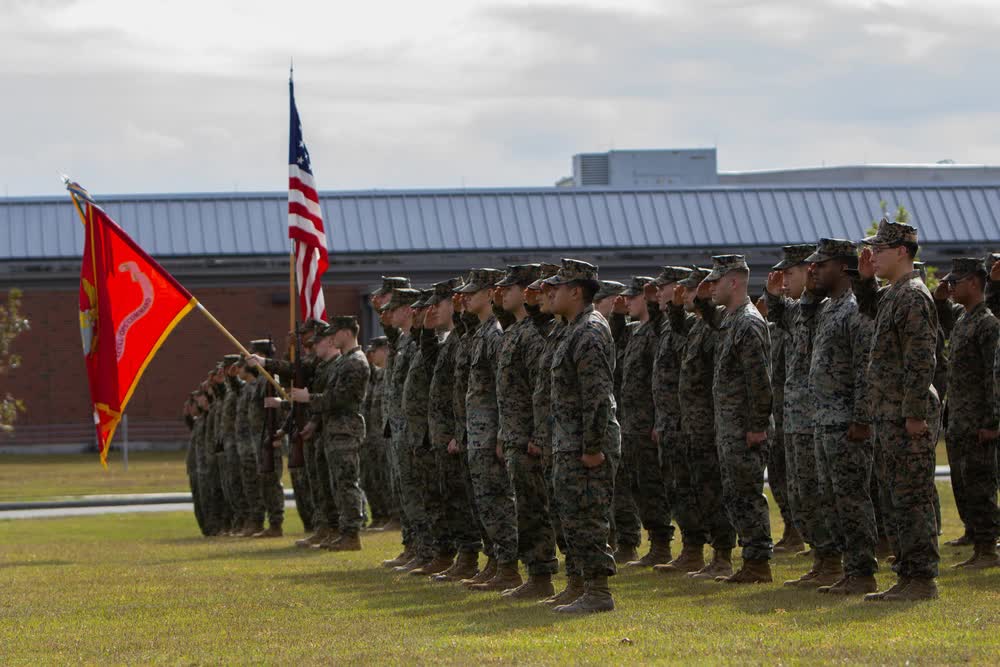
Editor’s Note: This article was sponsored by the Marine Corps Special Operations Command (MARSOC) and contains content developed in collaboration with their team.
In the world of elite military operations, the United States Marine Corps Special Operations Command (MARSOC) stands as a formidable force, known for its unwavering commitment to excellence. Yet, beyond the tactical prowess and discipline, there exists an unsung strength that provides a great deal of both strategic and tactical value: the diversity of its members. This speaks directly to the United States Special Operations Command’s first “Special Operations Forces Truth” that people – not equipment – make the critical difference.
In a domain where teamwork, adaptability, and innovation are paramount, MARSOC has recognized the undeniable value of diversity as a strategic asset. Sandboxx News was given the unique opportunity to discuss the impact of diversity within MARSOC, in hopes of shedding light on how it enhances its capabilities, fosters innovation, and strengthens its mission in the ever-evolving landscape of modern warfare.
A broad range of skills and perspectives
One of the strong assets of MARSOC and the wider U.S. special operations community is diversity, both in terms of cultural and occupational background.
With Marine Raider candidates coming from a wide variety of Military Occupational Specialties (MOSs) and cultural backgrounds, they bring a broad range of skills and knowledge to bear – not all of which are derived from formal training. This diversity contributes to a well-rounded whole capable of solving complex problems and adapting to various mission scenarios.
“Each and every person in MARSOC contributes to our Marine Raider legacy by bringing diverse experiences and skillsets that contribute to solving today’s challenges and tomorrow’s problems,” explained MARSOC Commander Maj. Gen. Matthew Trollinger,.
Diverse perspectives foster innovative thinking and creative problem-solving, both of which are vital in austere combat operations where external support is minimal. When team members with diverse backgrounds collaborate, the result often comes in the form of unique solutions to challenges – and that’s what Special Operations are all about.
This diversity of thought not only enhances operational effectiveness, but also improves the development and implementation of new tactics, techniques, and procedures. Military problems often have many solutions and a diverse team is likely to come up with different ways to tackle a problem, thus making it less predictable to an adversary. This is not just a MARSOC philosophy born out of policy writing – it’s an established truth backed up by repeated academic studies.
Related: What exactly is MARSOC, the Marines’ elite special operations component?
Cultural and linguistic diversity
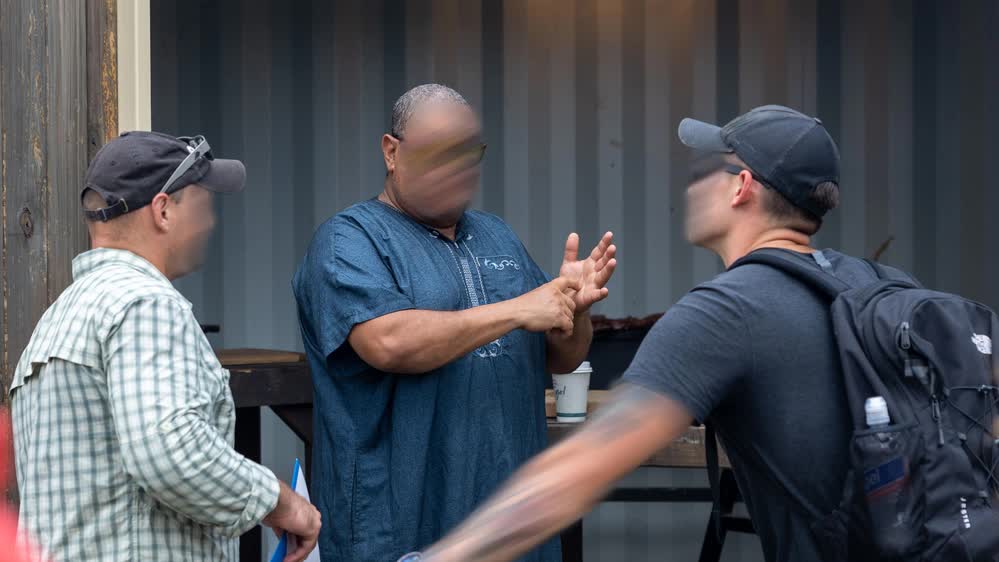
In an increasingly interconnected world, cultural understanding plays a vital role in successful operations. Commanders and operators who possess a deep understanding of the local culture they operate in can build stronger relationships with the local population, enhancing intelligence gathering, and ensuring mission success.
Language skills are another essential aspect of diversity within MARSOC. Operators with proficiency in different languages can bridge communication gaps, facilitate intelligence gathering, and build rapport with foreign partners and local populations. Further, language diversity enhances the effectiveness of tasks such as translation, interpretation, and negotiation. While Marine Raiders have advanced language training available to them, it’s tough to beat the value of broader cultural context that can only be derived through lived experience.
Diversity within special operations commands like MARSOC enables operators to establish connections and build rapport with a wider range of individuals from different cultural backgrounds. This allows for better communication, empathy, and respect for local customs and traditions. By cultivating these relationships, special operations forces can gain valuable insights, secure the support of local communities, and more effectively counter insurgencies or extremist ideologies.
In other words, diversity is much more than a buzzword among Marine Raiders – it’s a vital strategic and tactical asset. As outlined by MARSOC in its MARSOF 2030 roadmap, “Our units must be able to thoughtfully combine intelligence, information, and cyber operations to affect opponent decision making, influence diverse audiences, and counter false narratives.” These essential tasks, and many others, are made all the more feasible through a culturally diverse Marine Raider force.
Related: The history of MARSOC is the history of the Marine Raiders
Collaboration with international partners
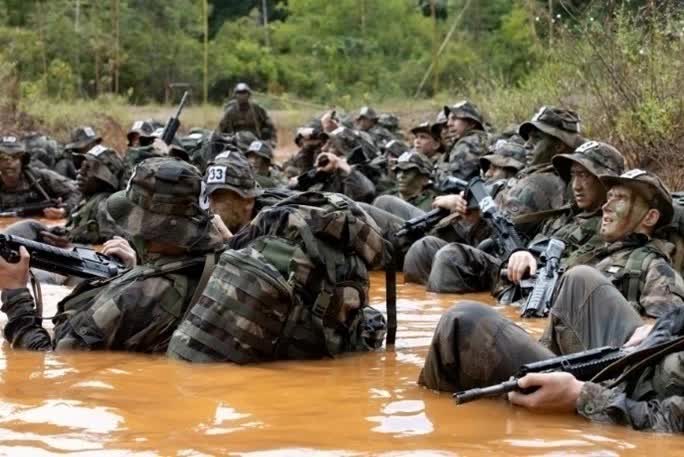
The ability to embrace diversity also enhances the capacity to operate in multinational coalitions or joint operational environments. Collaboration among international partners is increasingly critical in addressing global threats.
The latest U.S. national security strategy hinges on cooperation with allies and partners to deter near-peer adversaries like China and Russia. Marine Raiders regularly operate alongside foreign counterparts, and the ability to navigate diverse cultural, operational, and strategic contexts strengthens these partnerships, and in turn, America’s overall defensive posture.
Few countries in the world can recruit native speakers who understand a foreign culture inside out. This gives the U.S. Special Operations community a significant advantage over its adversaries.
Diversity acts as a force multiplier, increasing the adaptability, flexibility, and innovation of these commands. By harnessing the diverse skills, experiences, and perspectives of its team members, MARSOC and other special operations organizations can leverage their full potential to better defend U.S. national security interests.
MARSOC’s mission is to recruit, train, sustain, and deploy scalable, expeditionary forces worldwide to accomplish special operations missions assigned by U.S. Special Operations Command. To accomplish that, MARSOC equips and trains Marines to succeed in austere conditions against a wide range of adversaries in competition through conflict. Marine Raiders execute complex, distributed operations globally in uncertain environments, achieving silent success and strategic impact. For more information visit www.marsoc.com.
Read more from Sandboxx News
- The Royal Navy is going through difficult times
- Becoming a Marine Raider officer
- Peak stubbornness: When Navy SEALs trained with Slovenian mountain warfare troops
- The Navy’s plan to keep its warships in the fight: Rearming at sea
- These elite Marines combine tradition with special operations innovations
Related Posts
Sandboxx News Merch
-

‘AirPower’ Classic Hoodie
$46.00 – $48.00 Select options This product has multiple variants. The options may be chosen on the product page -

‘Sandboxx News’ Trucker Cap
$27.00 Select options This product has multiple variants. The options may be chosen on the product page -

‘Sandboxx News’ Dad Hat
$27.00 Select options This product has multiple variants. The options may be chosen on the product page

Sandboxx
The editorial team at Sandboxx.
Related to: Special Operations
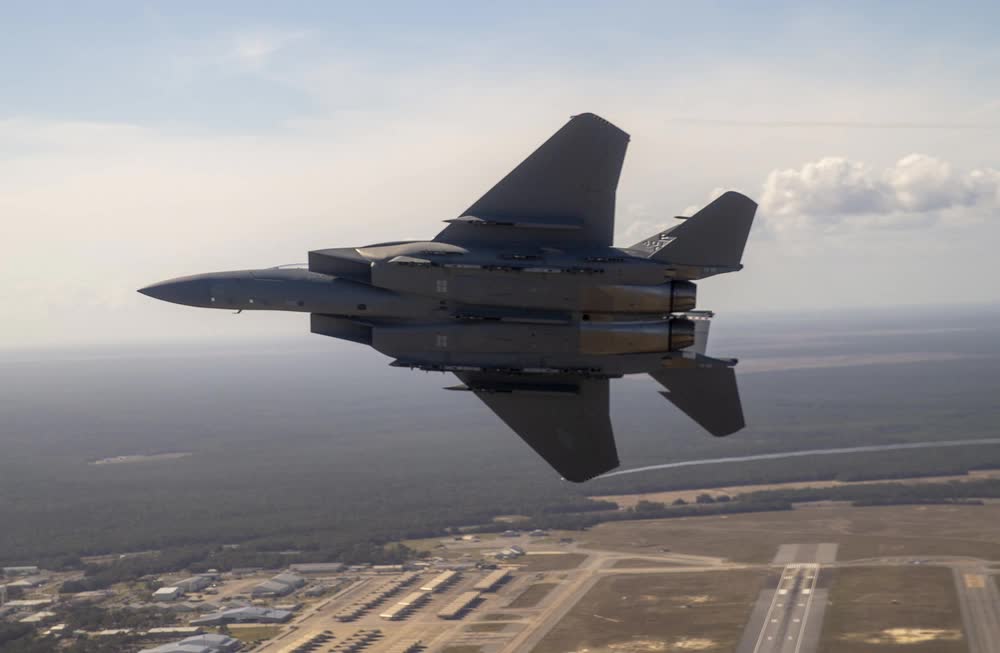
Video: The wild plans to use the F-15EX in the early days of a war
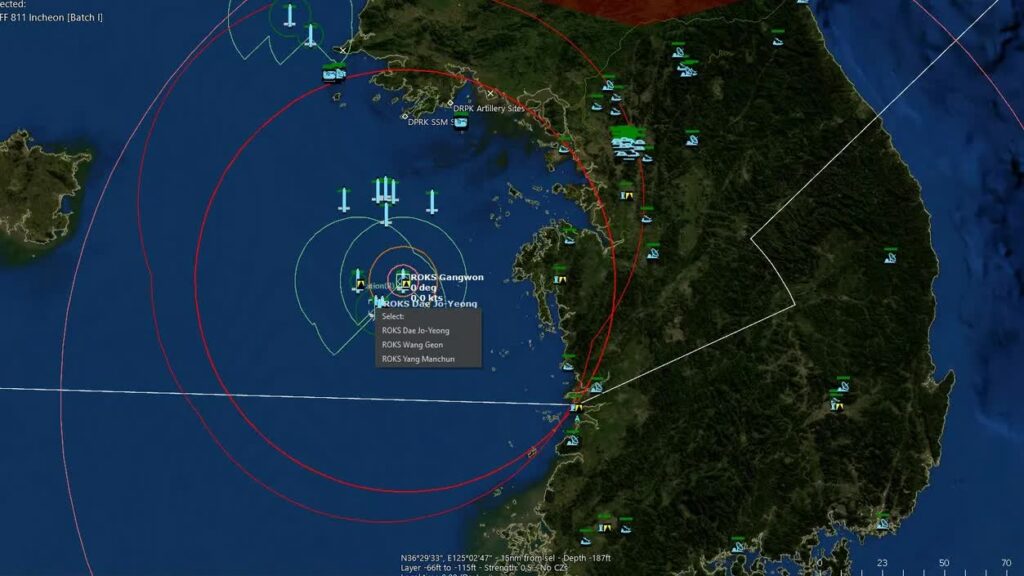
The Air Force is letting troops play a video game to prepare for global conflict
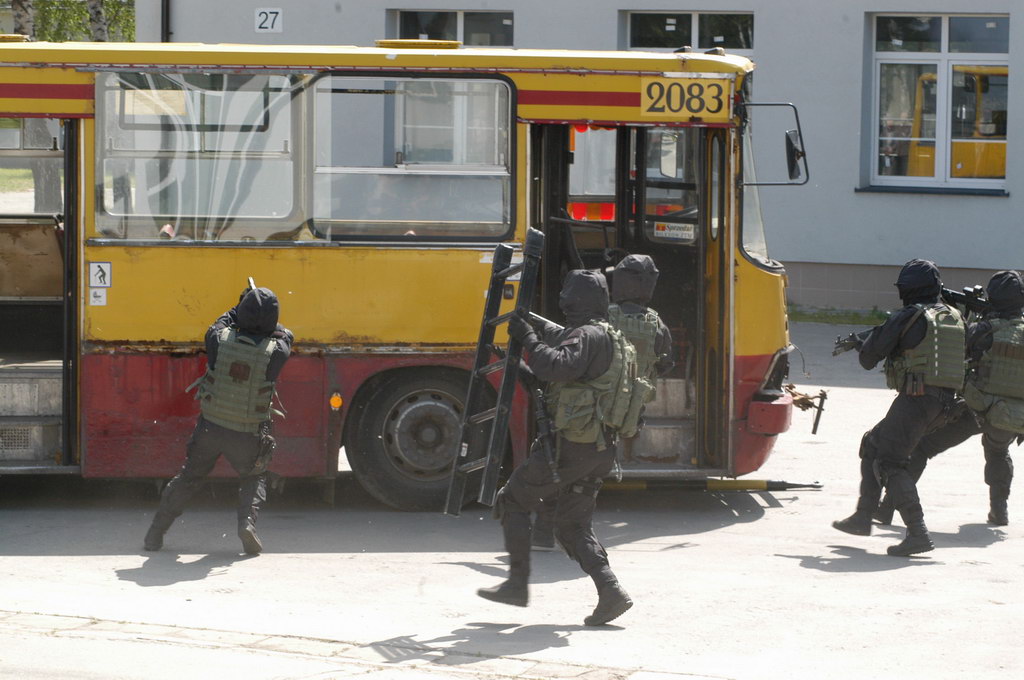
Delta Force escapades with Poland’s elite GROM special operations unit

Ukraine is facing serious problems in the east, where Russia’s forces are grinding forward
Sandboxx News
-

‘Sandboxx News’ Trucker Cap
$27.00 Select options This product has multiple variants. The options may be chosen on the product page -

‘AirPower’ Classic Hoodie
$46.00 – $48.00 Select options This product has multiple variants. The options may be chosen on the product page -

‘AirPower’ Golf Rope Hat
$31.00 Select options This product has multiple variants. The options may be chosen on the product page -

‘Sandboxx News’ Dad Hat
$27.00 Select options This product has multiple variants. The options may be chosen on the product page
